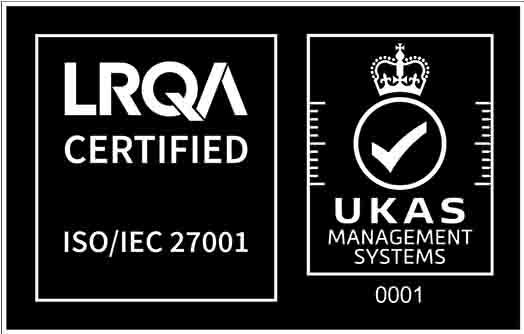Today, hospitals and health systems rely on collaboration and communication tools to support both clinical and business work, so it’s essential that they work well.
The COVID-19 pandemic fundamentally changed the way we work, and now it’s clear that telehealth and hybrid work models are here to stay. It’s essential, therefore, that healthcare organizations (HCOs) provide reliable collaboration and communication tools to support both clinical and business workers.
Anthony Gerken, Account Manager at IR, said the vast majority of HCOs today are leveraging collaboration and communication tools to support all manner of day-to-day work.
“These tools are effective components of workflow across the entire healthcare organization,” he said. “All the major players are delivering flexible, secure, easy-to-use and interoperable collaboration platforms with voice, video, instant messaging and file sharing capabilities. Consumption of and reliance on these platforms will continue to grow, so ensuring they are up and running properly will become even more vital to healthcare as a whole.”
A high adoption rate
A recent research study conducted by HIMSS and IR found that HCOs are already using these tools both to support hybrid and remote work models, as well as to deliver patient care.
74% of survey respondents said they already use collaboration tools for hybrid work needs, while 34% said they use these tools to provide telehealth and virtual care. An additional 20% noted that collaboration tools are also pivotal in supporting contact and call center operations. Gerken said these numbers are far from surprising – and he noted that the adoption rate corresponded with the value profile of each type of work.
“Call centers are a place where you are always customer-facing,” he said. “These are literally lifelines out to patients and are very high value. Your tools need to work all the time to give the best possible experience. So many organizations are reluctant to give up legacy platforms because the risk is so high.”
Supporting care and confidence
Gerken argued that, as HCOs implement updated unified collaboration and communications (UCC) platforms, they can offer their workers better tools to interact with consumers, helping to ensure a positive communication experience for every encounter.
“Whether you are talking about your call center, telehealth, or hybrid work, everything works better when you implement UCC management,” he said. “When the utility of your communication and collaboration tools are not disrupted by poor quality, latency or outage, your workers can get on with their work with confidence and momentum. You can help ensure more effective care, faster payments and enhanced clinician support.”
With so many HCOs investing in digital transformation initiatives, they must consider their UCC infrastructure – and make sure it’s optimized to support all the work they do, according to Gerken.
“The right UCC management platform is a mission-critical pillar to digital transformation projects,” he said. “When you have this kind of infrastructure in place, you are in a position to support secure, flexible and easy-to-use tools from a multitude of vendors. You can monitor performance to make sure that your UCC delivers what it’s supposed to and that it performs at the highest level.
“The end result is a truly liberating factor for the end-user experience, which supports the ‘work from anywhere’ ideal. And with the use of these collaboration tools only growing, that’s what healthcare organizations are going to need,” Gerken concluded.




